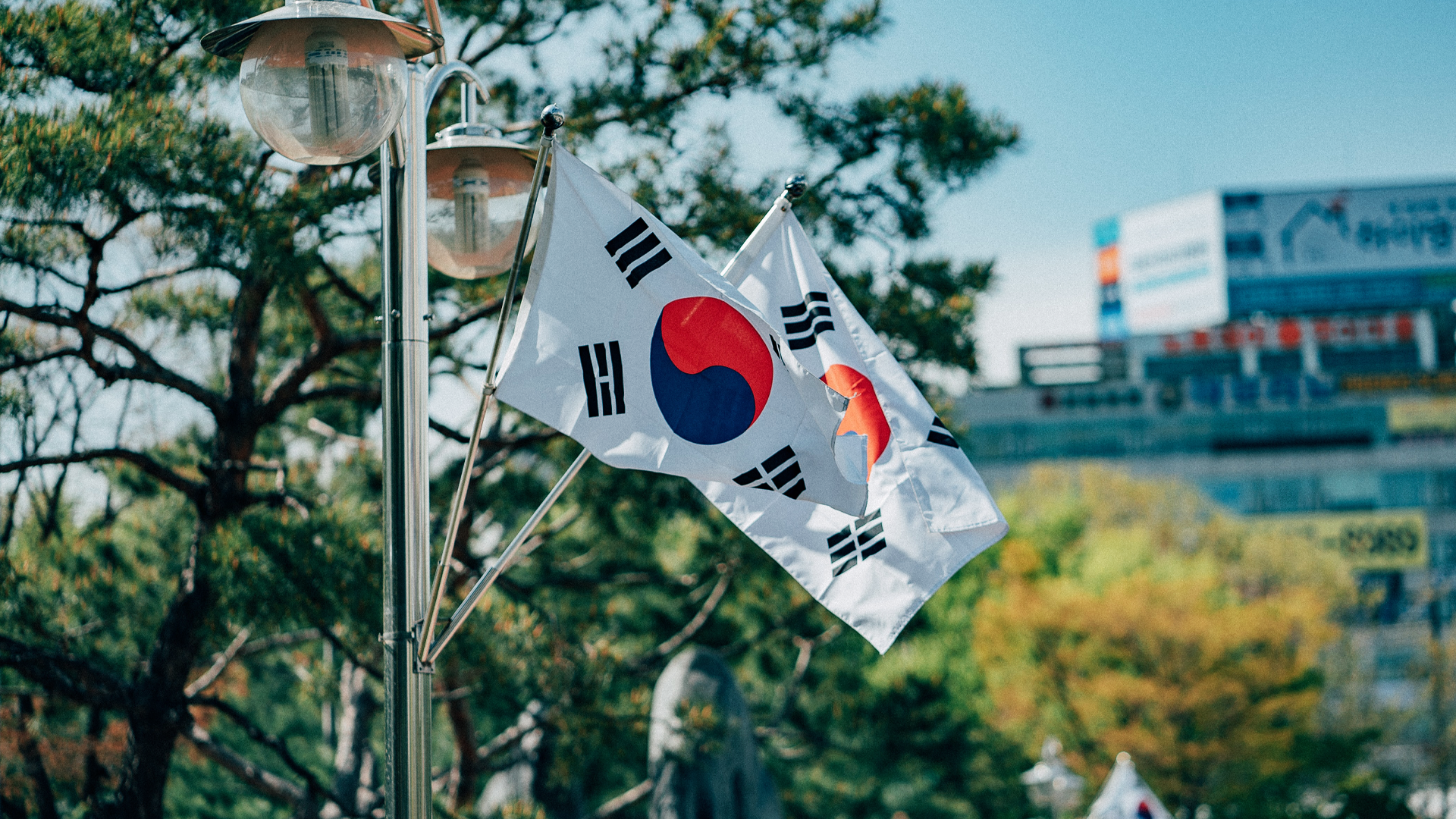South Korea’s new president was brought back into the limelight due to a rumour that BTS would play at his inauguration. A few essential aspects of the story were left out – why are mainstream outlets avoiding sexism in Korea’s recent election?
Due to weighty topics in mainstream news the past few weeks – war in Ukraine or the ‘greatest night in the history of television’, for example – other important stories have been overshadowed.
One such story was the recent election of South Korea’s new President, Yoon Suk-Yul, whose campaign was characterised by some of the most devise talking points in the country’s recent history.
During the election cycle, voters quickly split into two camps we have become so accustomed to seeing in modern democracies: the liberals and progressives versus neo-conservatives akin to Trump.
More precisely, in South Korea, the election centred mainly around anti-feminist rhetoric and issues linked to gender inequality in the country.
Taking office this year in May, Yoon Suk-Yeol’s flagship policy was the abolition of the gender equality ministry. Alongside this, most of his speeches attacked the mere existence of programmes that aim to curb inequalities and protect women against various forms of violence.
He claims it is actually men who are being disenfranchised by such governmental policies.
Although topics such as Korea’s current housing crisis or foreign policy were also discussed, this recent wave of misogyny at such a high level of government is worth considering separately.
Any such discourse immediately raises red flags for those familiar with South Korea’s lasting legacy of gender inequality and state-sponsored misogyny.
As it stands, South Korea is often ranked as one of the countries with the worst standards for gender equality. The reasons for these enduring systemic inequalities come from a history of disenfranchisement that is worth discussing here.
After adopting Confucian values during the Joseon Dynasty (1392-1910), the country gradually shifted from its original matriarchal system of lineage to a patrilineal configuration.
From then on, men were the centre of all economic and social life, while women were relegated to a secondary societal role that entailed profound structural inequalities and higher rates of violence.
Later on in South Korea’s history, gender inequality and violence against women did not simply disappear.
Japan’s invasion marked a dark period for the thousands that became ‘comfort women’, coerced into prostitution for the benefit of the Imperial army. This exact structure was replicated by Americans during the Korean war and subsequent military deployment, during which over a million women were enlisted into prostitution.
Since the late eighties, the country’s legislative body has moved slowly towards bettering the situation for women.




















